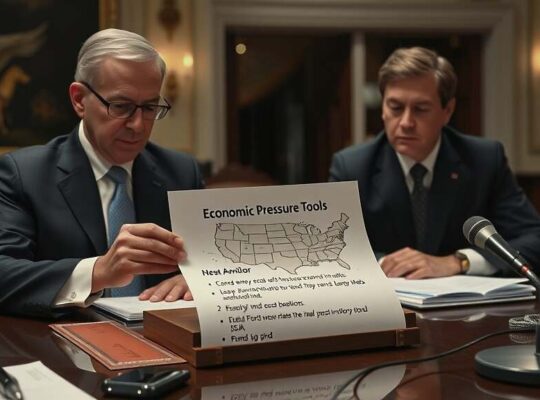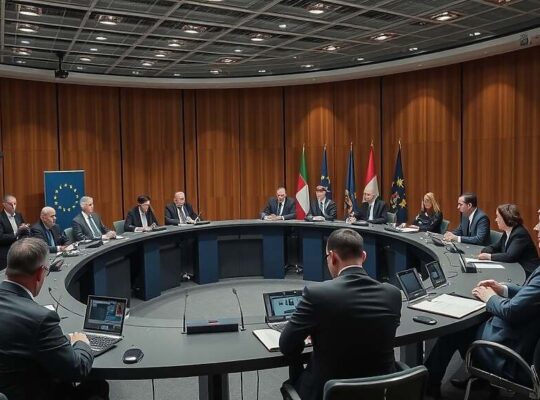Berlin – Germany is set to miss a crucial deadline for submitting its national climate and social plan to the European Commission, a spokesperson for the Federal Ministry for the Environment, Nature Conservation, Nuclear Safety and Climate Protection (BMUKN) has confirmed. The plan, linked to billions of euros in funding from the EU’s Climate Social Fund, was originally due to be presented by June 30th.
While acknowledging the delay, the BMUKN indicated that proposals for potential funding programs would be submitted “in timely fashion” emphasizing the government is actively working on concrete measures. The delay appears to stem from ongoing negotiations within the current coalition government regarding specific relief measures for citizens to be financed by the EU funds.
Germany is slated to receive €5.31 billion from the European fund between 2026 and 2032, with a further commitment of €1.77 billion in national co-financing required from the federal government. According to a recent briefing document for the Bundestag’s Economic Committee, the total of approximately €7.1 billion is subject to performance-based criteria, meaning funds will only be disbursed upon successful implementation of the program – regardless of the initial submission date.
The BMUKN further clarified that the timing of fund disbursement is not tied to the plan’s submission, but to the successful rollout of a funding program within Germany.
The delay has drawn criticism from opposition parties. Michael Kellner, economic policy spokesperson for the Green Party in the Bundestag, stated that the plan is “long overdue” and urged the government to act swiftly. He argued that prompt submission is crucial to ensure timely support for citizens, particularly in areas like energy efficiency improvements and the adoption of electric vehicles for low-income individuals. Kellner specifically highlighted the need for targeted assistance for electric vehicle purchases in rural areas and a progressive, income-based system for subsidizing energy-efficient home renovations.












